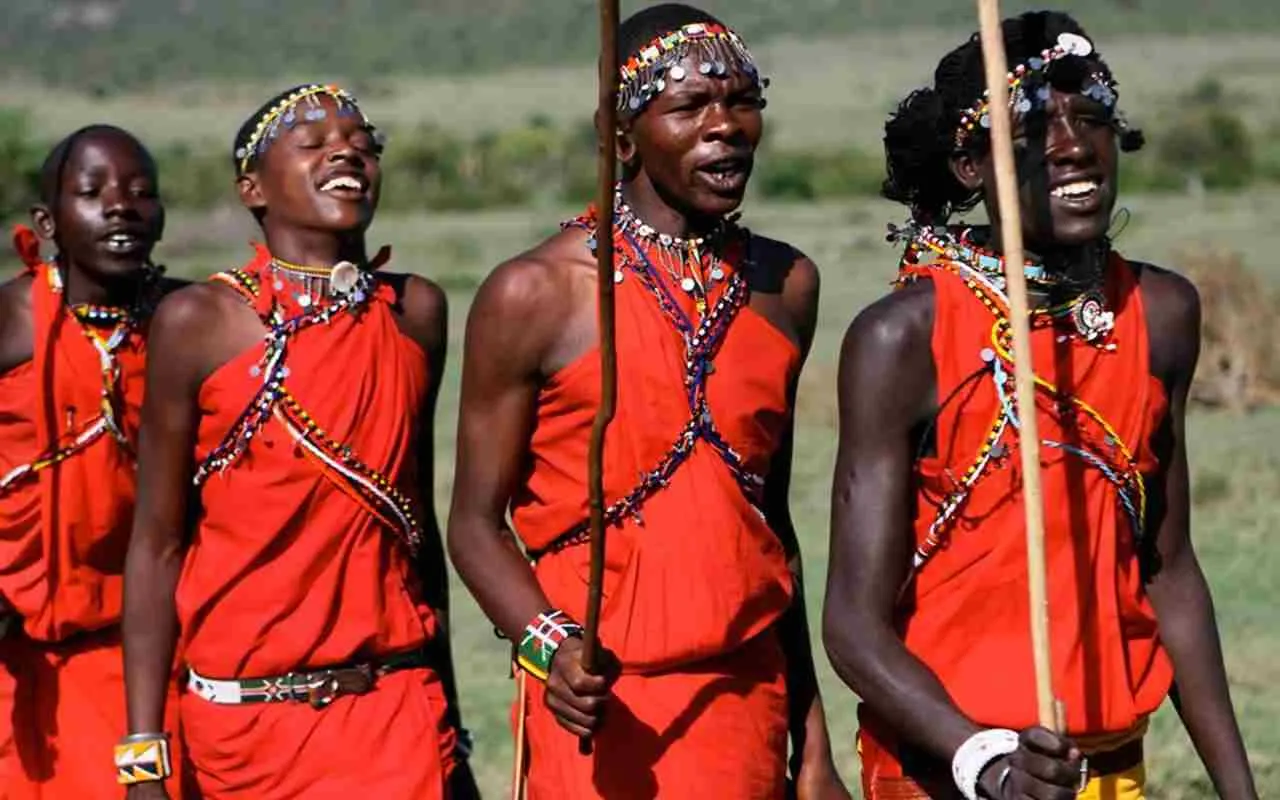
The Tanzanian government has decided to evict 70,000 Maasai shepherds from their ancestral lands to lease them to a United Arab Emirates company, which will transform the area into an elite hunting and tourism area. The measure would constitute a real act of force on the part of the government, since an injunction by the Court of Justice of East Africa had already ordered in 2018 the ban on the forced removal of the Maasai community from their territories. The Tanzanian government last tried in 2017: in August of that year, about 185 boma, traditional Maasai homes, were set on fire by rangers and police in the Loliondo division, Ngorongoro district, in the region. of Arusha. A total of about 6,800 people had been forced by force and threats to leave their villages following forced evictions, followed by the kidnapping of livestock and the arbitrary arrest of several individuals. That criminal act of force was followed, in 2018, by a ruling by the East African Court of Justice (EACJ), which had sanctioned the prohibition for the government of Tanzania to evict the Maasai community from ancestral lands legally registered in the division. of Loliondo, an area of 1500 square km in width of which the Maasai are legally owners.
Despite this, to date 70,000 indigenous Maasai people, distributed in 15 villages, are once again at risk of eviction, after the government has decided to grant the ancestral territories in which they reside to Otterlo Business Corporation (OBC), a company in the United Arab Emirates that rumored to belong to the royal family. The territory would be transformed into an elite hunting and tourism area, while the indigenous population would be resettled in the Ngorongoro Conservation Area, a protected reserve and UNESCO World Heritage Site. According to a Maasai leader in Mongabay, it was the regional commissioner for the Arusha region John Mongella who communicated the government's intentions to the Maasai community of Loliondo, underlining how the leasing of land would be a matter of "national interest" which it should therefore also be a priority for the Maasai population. "The myth of protected areas not only deprives us of our rights as people, but also of our ability to exercise our land-related responsibilities," the leader said.
The bond with the land is a central element in the Maasai culture. In fact, the population has been managing the area in a sustainable way for some time, managing to extract the resources necessary for survival in an extremely poor and arid territory. The breaking up of this symbiotic relationship with the land, in particular to use it for tourism and hunting, could have a negative impact on the environment and fauna, exposing the community to the risk of hunger and poverty. Stealing land from indigenous people to make them protected areas or conservation areas is an obvious pretext for violently chasing local populations from the lands that rightfully belong to them and that best of all they know how to protect and care for them, to transform them into sources of income for the state. The Maasai population is determined not to abandon their territories: several clashes and protests have already been recorded in the area, while some leaders have already appealed to the EACJ against the government's decision, underlining how this constitutes a clear violation of the 2018 provision.